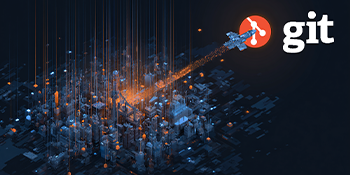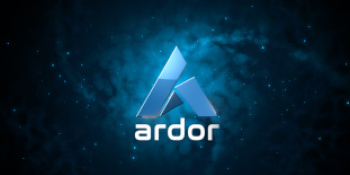The Future of Nxt
09 October 2025

Nxt was launched 12 years ago, on Nov 24, 2013. The first pure proof-of-stake blockchain, it has been running stable ever since, generating more than 5.8 million blocks till now and processing more than 3.2 million transactions.
After Jelurida launched Ardor on Jan 01, 2018, we continued to support Nxt for several years with maintenance releases, bugfixes, and backporting of simple improvements from Ardor. The last Nxt release was in 2022, and no critical or major bugs have surfaced since then. The Nxt codebase is now stable and feature complete, and it doesn't make sense to plan further development for it.
However, the drastically reduced popularity and usage of the Nxt token, together with the lack of liquidity and thus the absence of any interest from exchanges to list it, threaten the future of the Nxt blockchain itself, and the number of people running nodes and forging keeps declining.
As we do not want to abandon the Nxt token holders, the Jelurida developers propose to migrate Nxt to a new Ardor child chain, making it fully integrated with the Ardor ecosystem. The benefits of such migration are multiple:
- The proof-of-stake security of Nxt will no longer be at risk, as like for the other child chains it will be provided by the Ardor forgers.
- The Nxt child chain will get access to all current and future Ardor functionality which cannot practically be backported to the Nxt blockchain.
- All Nxt platform features that also exist on the Ardor platform will be enabled for the Nxt child chain too - aliases, coin exchange, asset exchange, monetary system, voting system, data cloud, and shuffling - with the exception of the few transaction types that are already reserved for Ignis only.
- It will be possible to trade Nxt on the decentralized Ardor coin exchange, for Ardor or any child chain token, thus lack of listing on centralized exchanges will no longer be a problem.
- It will be possible to trade any Ardor asset using Nxt too, on the decentralized asset exchange.
The Ardor ecosystem will also benefit. It will get a new child chain, which is not controlled by some third party business and has a well-distributed token. After being in circulation for 12 years, nobody can accuse Nxt of having unfair distribution, and any remaining whales must be really loyal to the project and not simple speculators.
Since a platform migration is more than just a technical or business issue, Jelurida wants to make sure this decision is explicitly approved by the Nxt token holders, the forgers who actually create blocks and keep the blockchain running. This is why we have planned the following protocol to allow forgers to commit to this decision, or to reject it:
We will release a new Nxt version, scheduling a hardfork after which forgers that have upgraded to this new release will generate only blocks of version 4 (current version is 3), but will accept both version 3 or version 4 as valid. Those who refuse to upgrade will continue to generate version 3 blocks, and reject the new version 4 blocks, thus creating a fork. Exactly 1440 blocks later, when the choice of best fork is final, if the version 3 fork remains the better fork, the migration will be considered rejected, and the new release will automatically revert back to indefinitely generating and accepting version 3 blocks only. If however the forgers generating version 4 blocks have prevailed and have built a better fork, the blockchain will commit to doing the migration. If this happens, the block generation will automatically stop at a predefined migration height. At this height, we will take a snapshot of the Nxt blockchain, and import it as a child chain in a new Ardor release, to be activated a few weeks after the Nxt blockchain has stopped.
The following will be migrated to the new Nxt child chain:
- Nxt account balances, converted 1:1 to the new Nxt child chain token.
- Nxt aliases, as Nxt child chain aliases.
- Nxt monetary system currency codes and names, but not balances, to currencies on the Nxt child chain.
What will not be migrated:
- Assets, since assets on Ardor are global.
- Account attributes such as info, properties, and control settings, again because on Ardor those are global and to avoid a conflict with existing values.
- Messages, data cloud entities, marketplace goods, polls and votes.
After the migration, no new blocks will ever be created on the Nxt blockchain, however nodes that run it can remain online to serve as an archive of past transactions and data, and Jelurida will also maintain a few such nodes for historical purposes.


